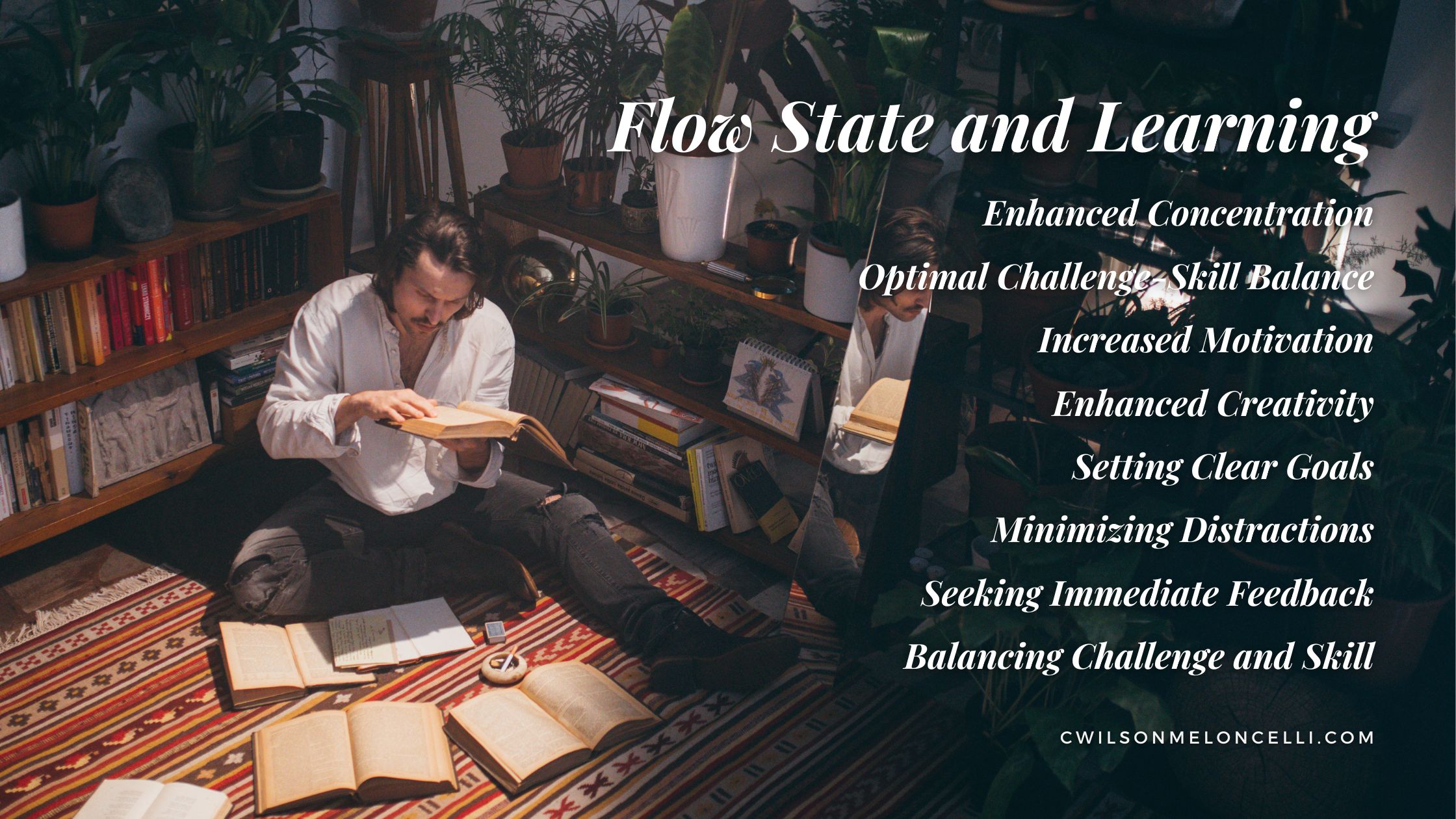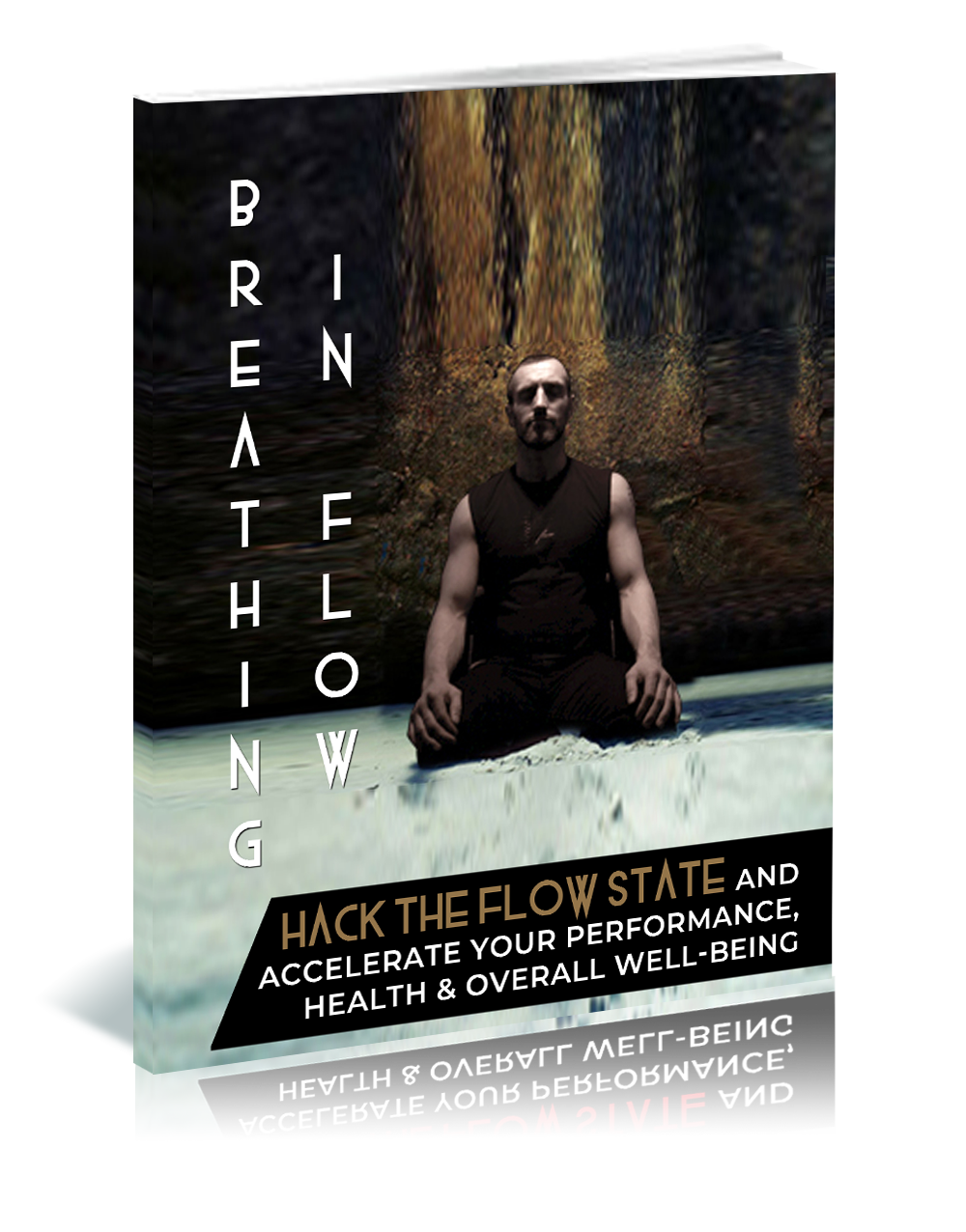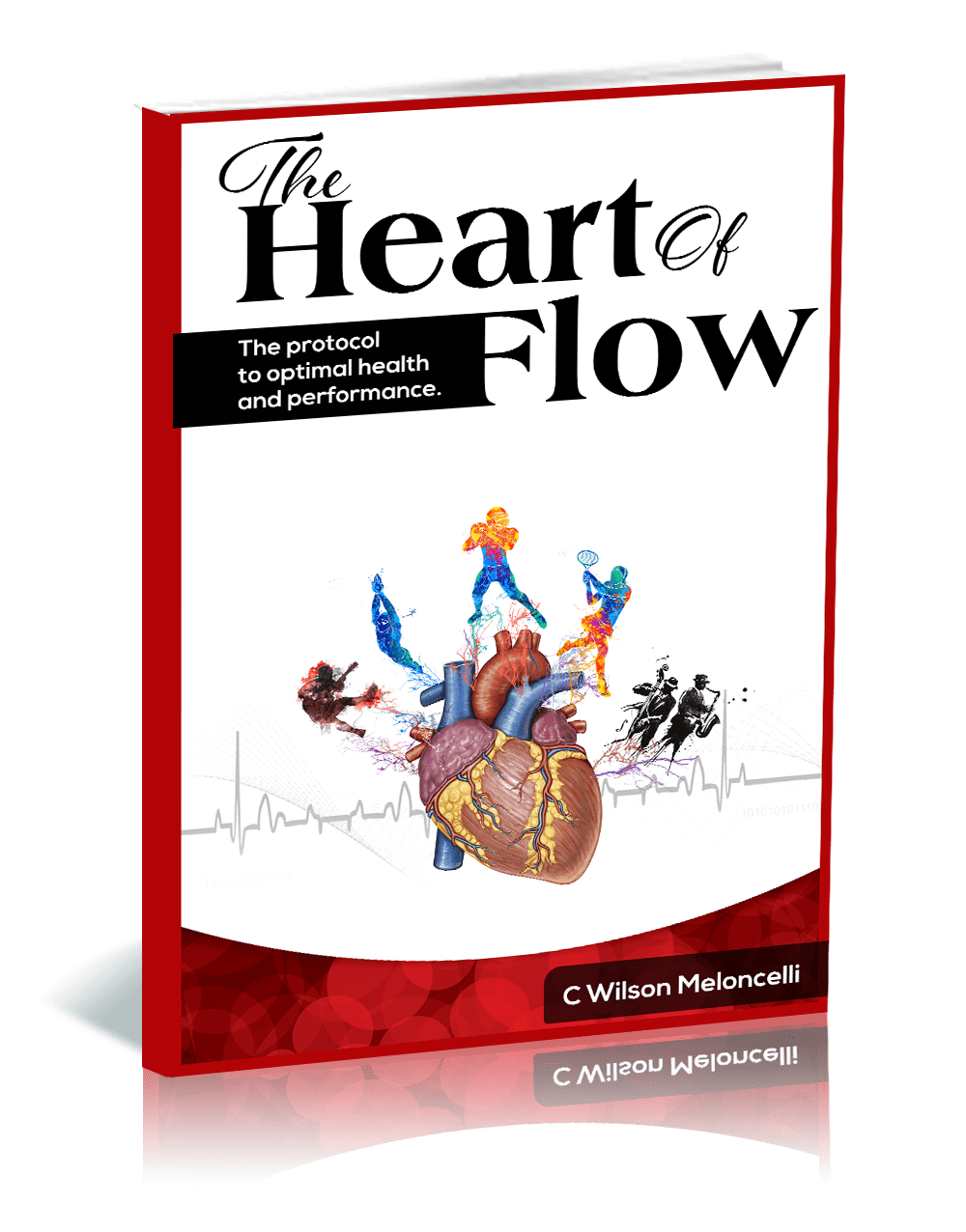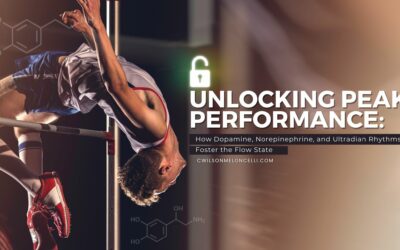
In the realm of education and personal development, accelerated learning is a sought-after goal. The ability to grasp concepts quickly and efficiently can be a game-changer in our fast-paced world. One psychological state that has shown promise in facilitating accelerated learning is the 'Flow State'. This article delves into the connection between Flow State and accelerated learning, exploring how the former can enhance the latter.
Flow State and Learning
- Enhanced Concentration: One of the primary benefits of Flow in the context of learning is enhanced concentration. When learners are in Flow, they are fully engaged in the task at hand, leading to deeper absorption of information. A study by Keller and Bless found that students in Flow had better retention of material compared to those not in Flow.
- Optimal Challenge-Skill Balance: Flow occurs when there's a balance between the challenge of a task and the learner's skill level. This balance ensures that learners are neither bored (too easy) nor anxious (too hard), creating an optimal environment for learning.
- Increased Motivation: The intrinsic rewards associated with Flow, such as feelings of accomplishment and mastery, can boost motivation. This heightened motivation can drive learners to engage more deeply with the material, accelerating the learning process.
- Enhanced Creativity: Flow has been linked to increased creativity. In the context of learning, this can lead to innovative problem-solving and a deeper understanding of complex concepts. A study by Esquivel found that students who experienced Flow showed higher levels of creativity in their assignments.
Harnessing Flow for Accelerated Learning
- Setting Clear Goals: One of the prerequisites for Flow is having clear goals. In a learning context, this could mean setting specific objectives for each study session or clearly defining what you want to achieve by the end of a course.
- Minimizing Distractions: A distraction-free environment is crucial for entering Flow. This might involve creating a dedicated study space, turning off notifications, or using techniques like the Pomodoro method to maintain focus.
- Seeking Immediate Feedback: Immediate feedback is another trigger for Flow. In learning, this could involve taking regular quizzes, engaging in group discussions, or using interactive learning platforms that provide instant feedback.
- Balancing Challenge and Skill: It's essential to ensure that the learning material matches the learner's skill level. This might involve starting with foundational concepts before moving to advanced topics or breaking down complex subjects into manageable chunks.
The Implications of Flow in Educational Settings
Incorporating Flow principles into educational settings can revolutionize the way students learn. By creating environments that foster Flow, educators can enhance student engagement, retention, and overall learning outcomes. Moreover, students who regularly experience Flow are more likely to develop a lifelong love for learning, setting them up for continued success in their future endeavors.
The Flow State, with its profound effects on focus, motivation, and creativity, offers a promising avenue for accelerated learning. As we continue to understand the intricacies of Flow and its implications for education, there's potential to reshape learning methodologies for the better. In a world where rapid skill acquisition is increasingly valuable, tapping into the power of Flow could be the key to unlocking unparalleled learning potential.
Unlock the transformative power of the Flow State with our "4 Cycles of Flow" program. Dive deeper into the synergy between Flow State and accelerated learning, and discover techniques to consistently achieve this optimal state. Whether you're an educator, student, or lifelong learner, the "4 Cycles of Flow" program offers insights and practices to elevate your learning experiences. Join the program today and embark on a journey of heightened focus, creativity, and mastery.
References
- Csikszentmihalyi, M. (1990). Flow: The psychology of optimal experience. Harper & Row.
- Keller, J., & Bless, H. (2008). Flow and regulatory compatibility: An experimental approach to the flow model of intrinsic motivation. Personality and Social Psychology Bulletin, 34(2), 196-209.
- Esquivel, G. B. (1995). Teacher behaviors that foster creativity. Educational Psychology Review, 7(2), 185-202.










